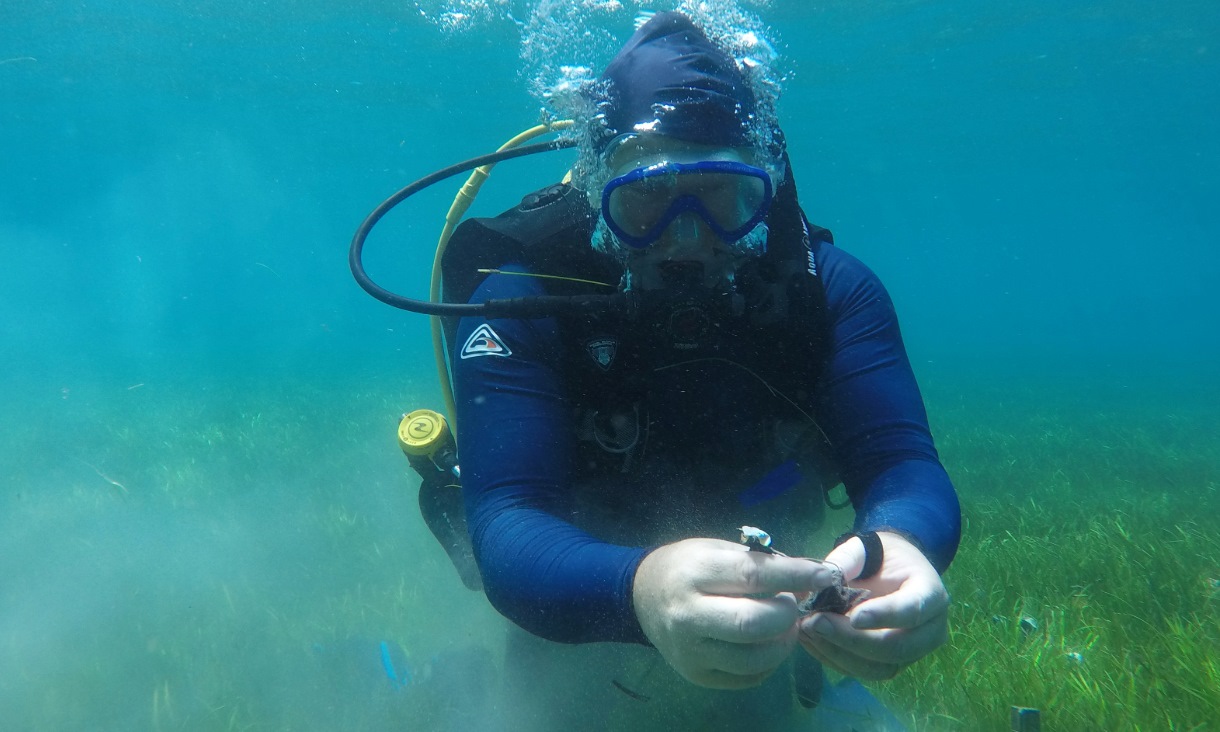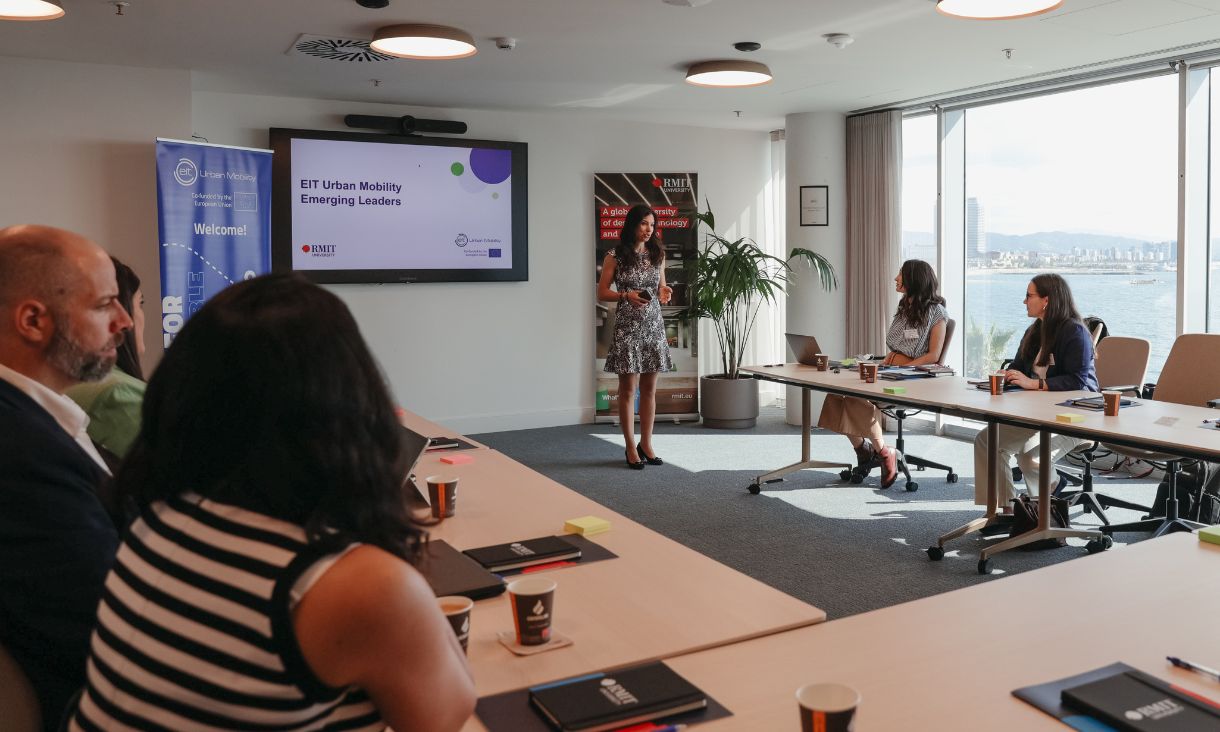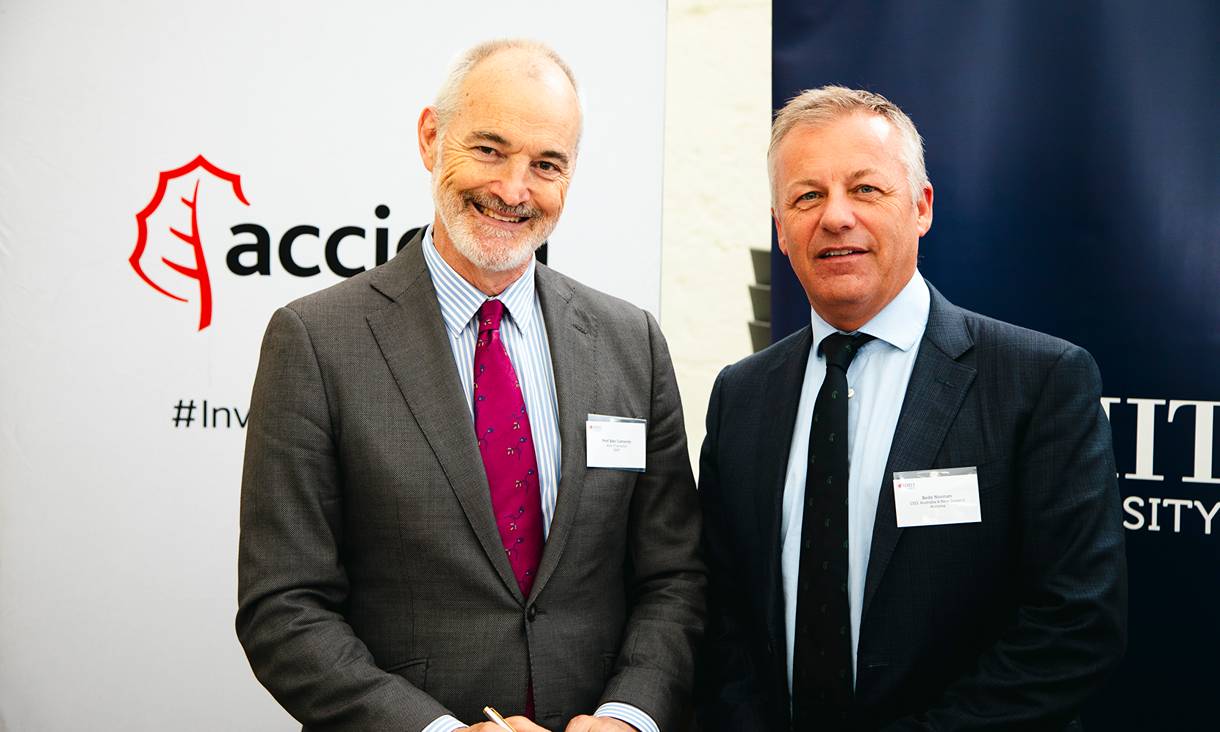World-first green hydrogen innovation wins prestigious Climate Innovation Challenge
South East Water and RMIT University's ground-breaking method for producing green hydrogen from solar energy and recycled water has won the 2024 Water Minister’s Climate Innovation Challenge.
Warming temperatures may shrink wetland carbon sinks
A major global study using teabags as a measuring device shows warming temperatures may reduce the amount of carbon stored in wetlands.
RMIT Europe opens call for the 2025 Emerging Leaders program
RMIT Europe is partnering with EIT Urban Mobility to launch the second edition of the Emerging Leaders program, putting a call out to senior leaders from city councils across Europe to nominate high-potential team members to join the six-month journey.
New partnership with global infrastructure giant ACCIONA to advance sustainability
RMIT and ACCIONA have signed a partnership agreement to drive innovation and build skills for a sustainable future.
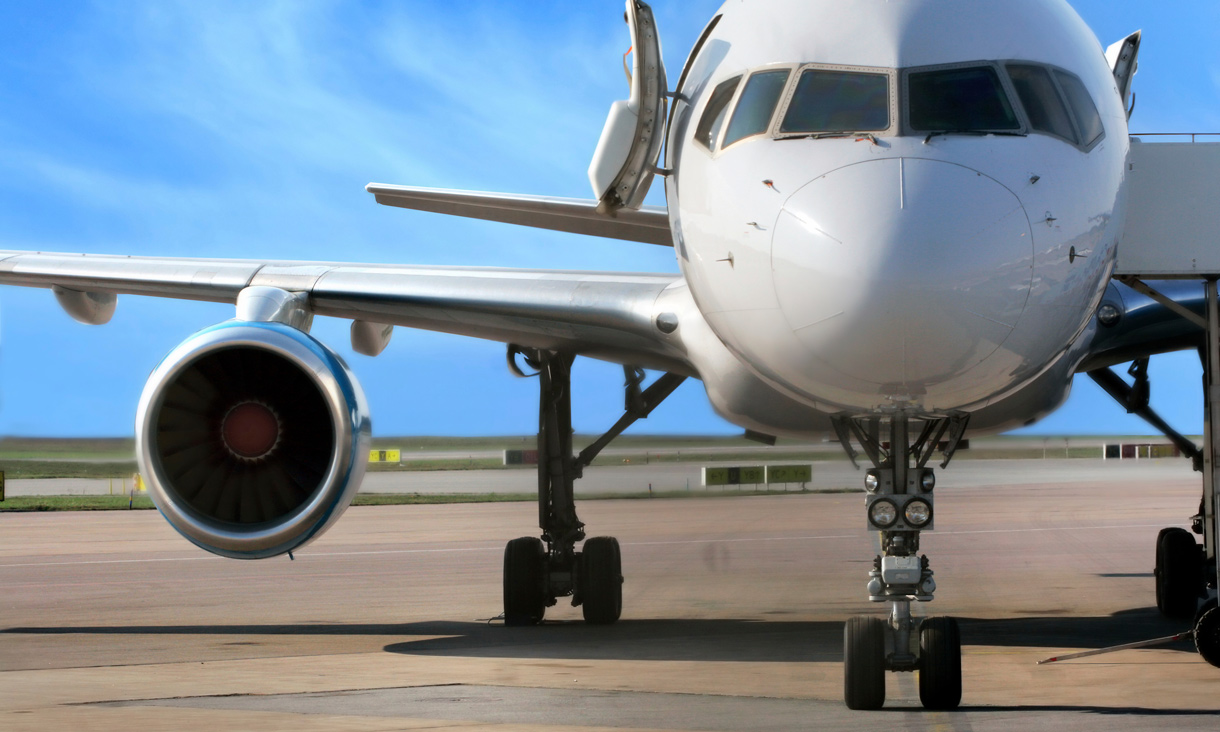
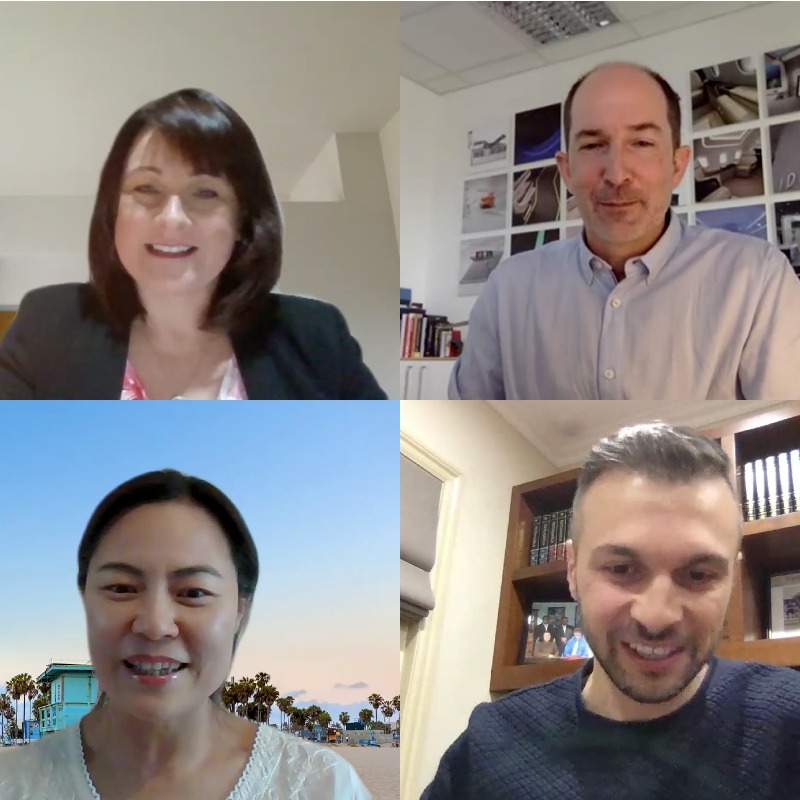
.jpg)
